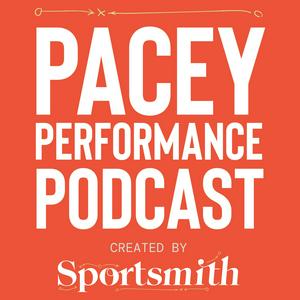In this episode of the Pacey Performance Podcast, Loren Landow discusses his extensive experience in the performance field, including his transition from business ownership to his current role at Notre Dame. He emphasizes the importance of a team approach in rehabilitation, the integration of various disciplines, and the balance between art and science in the rehabilitation process. Loren shares insights on the industry's evolution regarding return to play protocols, the significance of maintaining engagement during rehabilitation, and the criteria for progression in recovery.
In this conversation, Loren Landow discusses the intricacies of rehabilitation, focusing on movement patterns, the significance of the foot and ankle, and the mechanics of deceleration. He emphasizes the importance of investigating movement, restoring ankle dorsiflexion, and building intensity in training. The dialogue also covers the integration of reactivity in rehabilitation, the assessment of asymmetry, and the collaboration required for effective return to play processes. Landow highlights the need for ongoing communication and involvement even after athletes reintegrate into practice.
Main talking points:
There is an art to rehabilitation that goes beyond numerical models.
Good collaborative teams yield the best outcomes in return to play.
Experienced coaches should lead return to play situations.
Restoring rhythm and stability is crucial in the initial stages of rehab.
Deceleration mechanics are essential for injury prevention and rehabilitation.
Intensity in training should be based on the athlete's needs, not just external loads.
Reactivity should be introduced early in the rehabilitation process.


